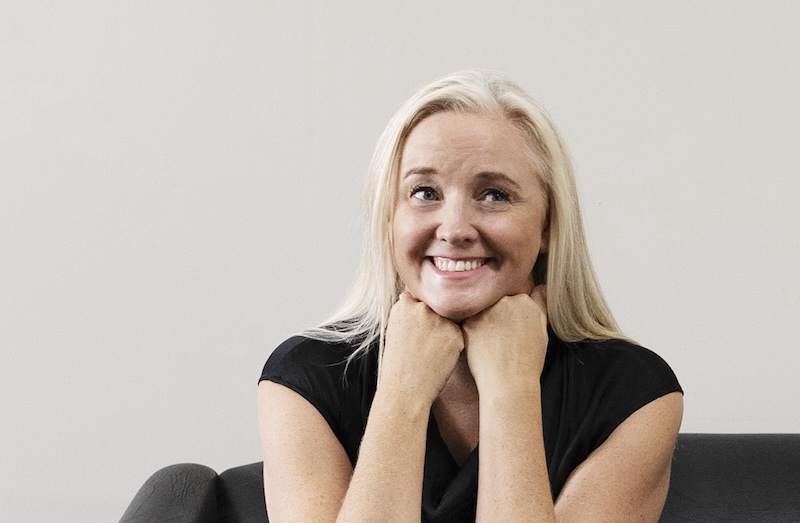The ASX finished strong in the wake of the Reserve Bank of Australia’s decision to keep the cash rate on hold.
The benchmark ASX 200 rose 1.4 per cent, adding 110.9 points to close on Friday at 7793.3 points.
The All Ordinaries added 113.2 points or 1.43 per cent higher, closing at 8065.5 on Tuesday.
All 11 industry sectors rose, with utilities seeing the best result at a rise of 2.8 per cent thanks to energy giant AGL.
The market confidence followed AGL’s decision to upgrade its earnings guidance for the financial year 2024.
AGL announced it would be lifting its underlying net profit after tax guidance to between $760m and $810m for the year ending June 30.
Previous estimates concluded the lift would be $680m to $780m.
Meanwhile, AGL also confirmed its underlying earnings before interest, taxes, depreciation and amortisation are likely to range between $2.12bn and $2.22bn – up from previous estimates of $2.03bn and $2.18bn.
AGL finished at the close on Tuesday with a rise of 7.40 per cent.
CommBank chief economist Craig James said the Aussie sharemarket responded well to the Reserve Bank of Australia’s decision to hold interest rates at a 12-year high of 4.35 per cent.
“Overall there was a strong response to the RBA interest rates decision,” he said.
“While the decision was largely as expected, the tone on of the statement was less hawkish. That is now financial markets are suggesting less scope for higher interests,” Mr James said.
“The share market was boosted by another rise on Wall St overnight.”
BHP was boosted by 1.57 per cent at the close in response to a higher Iron Ore price, according to Mr James.
He said HMC Capital and Ansell, which rose 6.81 per cent and 1.43 per cent respectively, also gained on the back of the announcement both companies were raising their full year profit guidance.
“Shares in Sims Ltd fell 6.4 per cent on a profit warning,” Mr James said.
“Shares in NAB fell 1.5 per cent after the stock traded ex-dividend.”

Meanwhile, retail sales fell 0.4 per cent in price adjusted terms in the March quarter, – making it the fifth decline in the last six quarters.
CreditorWatch’s Chief Economist Anneke Thompson said the RBA’s decision will have little consideration for the discretionary retail and food and beverage sectors, which “will continue to bear the brunt of tight monetary policy” as consumers cut back on spending in these areas.
“The RBA is no doubt well aware that the cash rate has far less impact on services inflation than it does on goods inflation, and thus a further increase would do little to help move services inflation into the band at a faster pace,” Ms Thompson said.
“It is likely that the next few months’ employment figures will have a key influence on any future cash rate decision that the RBA makes.
“Proponents for further tightening of monetary policy point to sticky services inflation as a key reason to increase the cash rate further, while those that refute this argument highlight falling goods inflation and flatlining retail sales as evidence that monetary policy is tight enough.
“The various measures of the labour force data released by the ABS monthly will give the RBA a good yardstick as to which way this argument should fall over the next few months.
“Even moderate softening of the employment market will likely mean that we are at the peak of this tightening cycle, as smaller businesses and many household businesses will now be in precarious financial positions given the high cost of debt.
“The RBA is unlikely to risk further damage to sectors of the economy that are least able to cope with it.”
Meanwhile, the banking sector fared well at the close on Tuesday, with Westpac leading with a 2.8 per cent rise.

It comes as ANZ announced shares are trading lower after a 7 per cent decline in cash profit at $3.55bn in its first-half yearly results.
The big-four bank rose 0.07 per cent at the close on Tuesday hours after the half-yearly results were published.
“This was a strong half on the back of a record result in 2023, profit was down just one per cent on the back of the half,” Mr Elliot said.
“The number of customers rose in this half, while still lower than other halves we expect that number to increase.”
The bank announced an interim dividend of 83c per share, franked at 65 per cent.
The Aussie dollar dipped 0.5 per cent against the Greenback to buy US65.90c.













%20(2)%20(1).jpg)







Discussion about this post